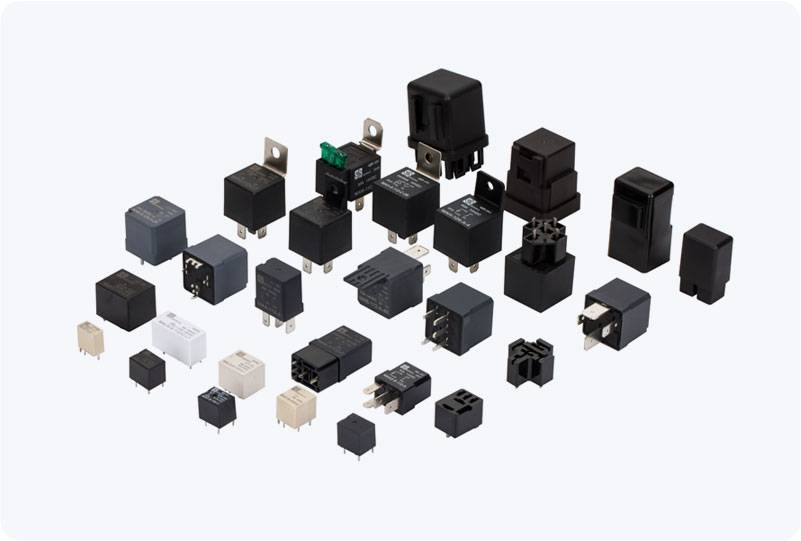Automotive relay coils play a crucial role in the operation of automotive electrical systems. They are integral components in controlling high-current circuits with low-power inputs, enabling efficient switching of various electrical devices such as lights, motors, and climate control systems. Understanding the specifications of automotive relay coils is essential for ensuring their reliable performance and durability in vehicles. This article will provide a detailed overview of the key specifications of automotive relay coils, including voltage, current, resistance, and other essential factors.

1. Coil Voltage One of the most critical specifications of an automotive relay coil is its operating voltage. The coil voltage is the electrical potential required to energize the relay’s coil and activate the internal switching mechanism. Automotive relay coils typically operate on either 12V DC or 24V DC, depending on the electrical system of the vehicle. Most consumer vehicles use a 12V DC system, while larger commercial vehicles and trucks commonly operate on a 24V DC system. It is important to select a relay coil with the appropriate voltage rating to ensure proper operation within the vehicle’s electrical system.